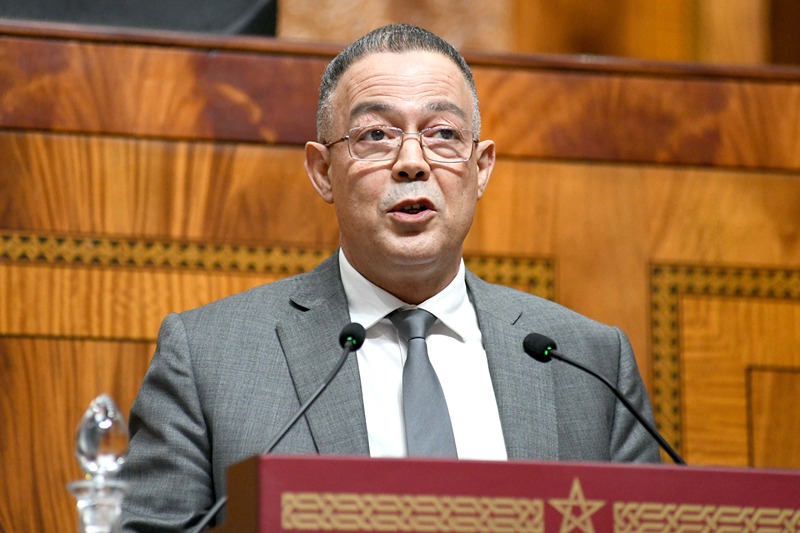On Wednesday in Rabat, Fouzi Lekjaa, the Minister Delegate in charge of the Budget, announced the reform of Organic Law No. 130.13 related to the Finance Law (LOF). This reform aims to develop Morocco’s financial policy to effectively support the Kingdom’s development strategies.
Strengthening financial governance
Speaking at a joint meeting of the finance committees from both parliamentary chambers, Lekjaa emphasized that after eight years of implementing this law, practical experience has highlighted the need for amendments to enhance public finance governance. The proposed changes seek to expand the law’s scope to include public institutions with non-commercial activities, strengthen the sustainability of public finances, and solidify the Parliament’s role in drafting and executing finance laws.
Bringing non-commercial public entities under parliamentary oversight
Lekjaa highlighted that approximately 200 public institutions and 20 public-law entities performing non-commercial activities must be brought under parliamentary oversight. This move aligns with international practices and ensures that these entities’ budgetary operations are decided, authorized, executed, and controlled under the same conditions as those of the General Budget, adopting a gradual implementation approach.
Introducing budgetary and performance standards
The proposed reform mandates that these entities’ budgets adhere to financial and budgetary rules, such as forecasting all revenues and expenditures, adopting predictive budgeting, and permitting additional credits during the year. Furthermore, their budgets should follow a performance-based approach and comply with current accounting standards.
Enhancing public finance sustainability
The reform aims to broaden parliamentary authorization to enhance transparency in public finance management, optimize resource allocation and recovery, and secure additional resources for the state budget. The LOF will define these allocated resources, their areas, their capping, and the conditions for transferring their surplus to the General Budget.
Ensuring financial stability and sustainability
Lekjaa stressed the importance of financial sustainability for social and economic development, proposing new budgetary rules to establish financial balance as an indisputable principle. The reform also sets medium-term debt targets and includes an exception clause based on economic and financial conditions.
Improving legislative processes
The reform plans to shorten the review and voting period for the draft supplementary finance law from 15 to 5 days, enhancing legislative efficiency. It also stipulates that the supplementary finance law be accompanied by a presentation note detailing the amended articles and reinforces the exclusive competence of parliamentary finance committees in examining and voting on this law.
Expediting financial reporting
Additionally, the reform introduces new provisions for the closing finance law, including reducing the submission deadline to Parliament (by the end of December of the following fiscal year) and requiring it to be accompanied by the State’s general account. This account should include the balance sheet, income statement, cash flow statement, and an evaluation of off-balance-sheet commitments.
Promoting performance-based budgeting
The amendment also strengthens performance methodology, mandating that parliamentary committees receive performance reports from the previous year alongside the proposed budgets of ministerial departments. It institutionalizes the digitalization of the finance law preparation and presentation process, following regulatory guidelines.
Modernizing public finance management
Since 2016, the LOF has modernized Morocco’s public finance system, aligning it with international norms and practices. It has enhanced fiscal discipline and credibility, reduced the budget structure from 1,055 paragraphs and 258 articles in 2013 to 577 projects and 129 programs in 2024, and linked budget programs to sectoral policy objectives and indicators.
Significant progress in financial accountability
Lekjaa noted that 37 ministerial departments have prepared performance projects and reports, setting 383 objectives and 786 performance indicators for the current year. The Public Expenditure and Financial Accountability (PEFA) program has recognized Morocco’s significant progress in public finance management.
